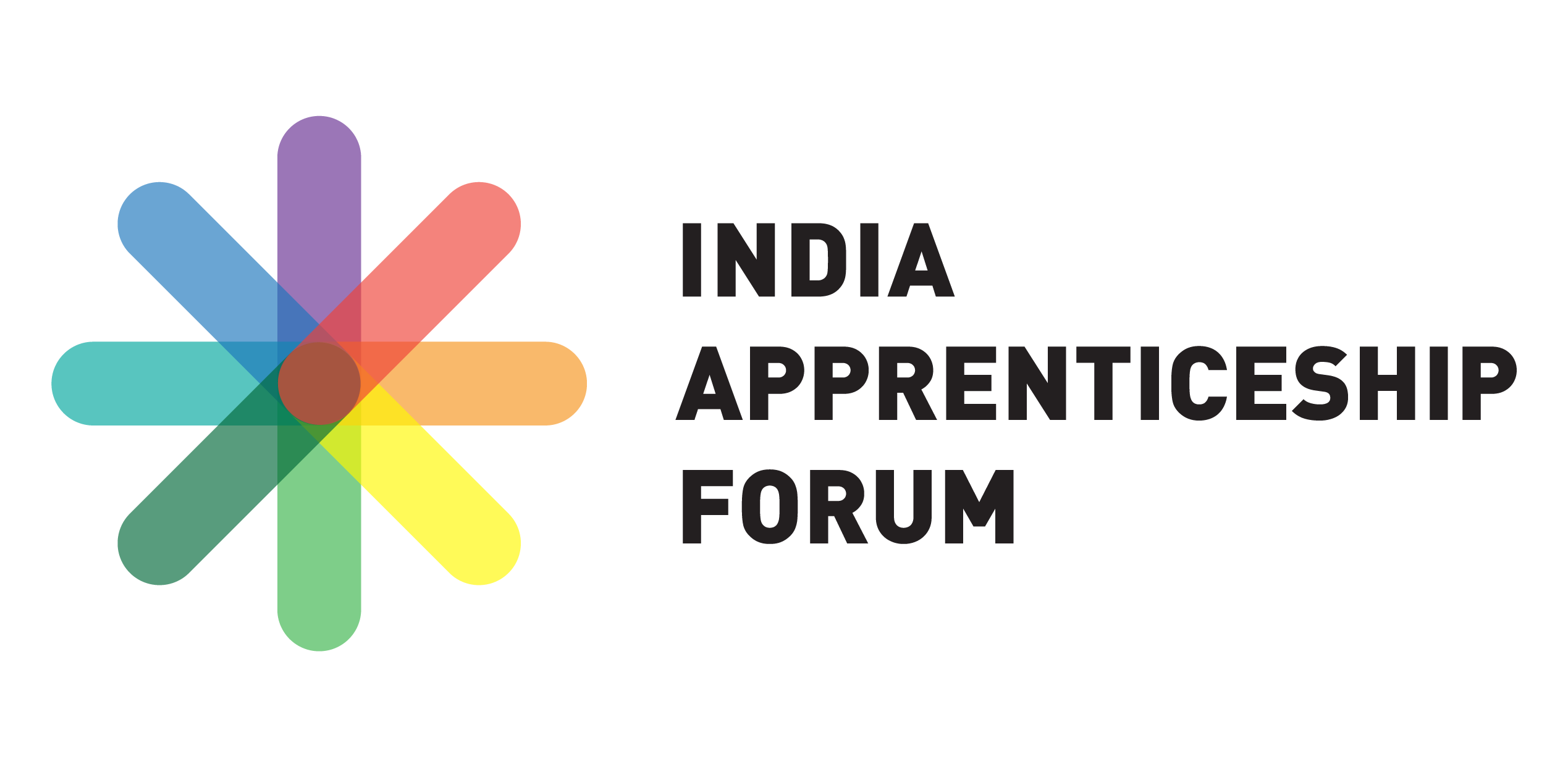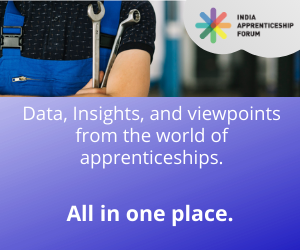Pandemic casts a shadow on skill training programmes in Dakshina Kannada
With the Covid-19 pandemic and the subsequent lockdowns shutting down colleges and institutions, skill training institutes face restrictions as well, including the skill development program that comes under the Chief Minister’s Kaushalya Karnataka Yojane or the CMKKY. According to verified data from the Skill Mission Office in Dakshina Kannada district, there has been a significant decrease in candidates enrolling in skill development courses at Karnataka German Technical Training Insititute (KGTTI) in Mangaluru as well as private-run institutes. Giridhar Salian, the Skill Development Officer at Dakshina Kannada District, announced that a new batch of students will commence training in August for 2021-22 along with some older batches. He also added that after undergoing the training, most people take up self-employment as there is an existing demand for skilled labor. Read more.
Goa CM addresses the need for skill education points to 50% of jobless graduates
Speaking at the inauguration of a 2-day seminar for demystifying assessment and accreditation by NAAC, Pramod Sawant, CM of Goa, addressed the issue of 50% of students being unemployed despite having graduated. He highlighted the need for skill-based education as well as the implementation of a new National Education Policy by the next academic year. He suggested that state colleges must offer innovative courses since Goa is the only state in the country that offers infrastructure grants and grants-in-aid to those from pre-primary to higher education levels. They strongly believe that it is the government’s responsibility to produce quality graduates in the state who work towards a prosperous future. Read more.
Also Read: CUTM offers free training programs; The workforce in the BFSI Sector need to be reskilled
Delhi Community school provides free education to underprivileged students
HOPE is a community school on wheels based in Delhi that helps underprivileged children by providing them free education by enabling them to learn through mobile classrooms as they do not have access to online education. They also provide these children with free mid-day meals after being made to study for two hours. Started seven years ago by Marlo Philip, Founder of NGO Tejas Asia, he says, “Through the ‘Hope Buses’, we aim to go to places especially in an underserved community because we found out they don’t have access to go to the schools. We want to take the schools to the students. That is been our dream. We have seen so many lives touched and impacted through this. We also give them a mid-day meal which is cooked in our Hope Kitchen in Tughlaqabad.” They now have fours buses that serve eight locations. “On the bus we provide, slates, coloring pens, and whatever we can in the little space”, Marlo added. Read more.














